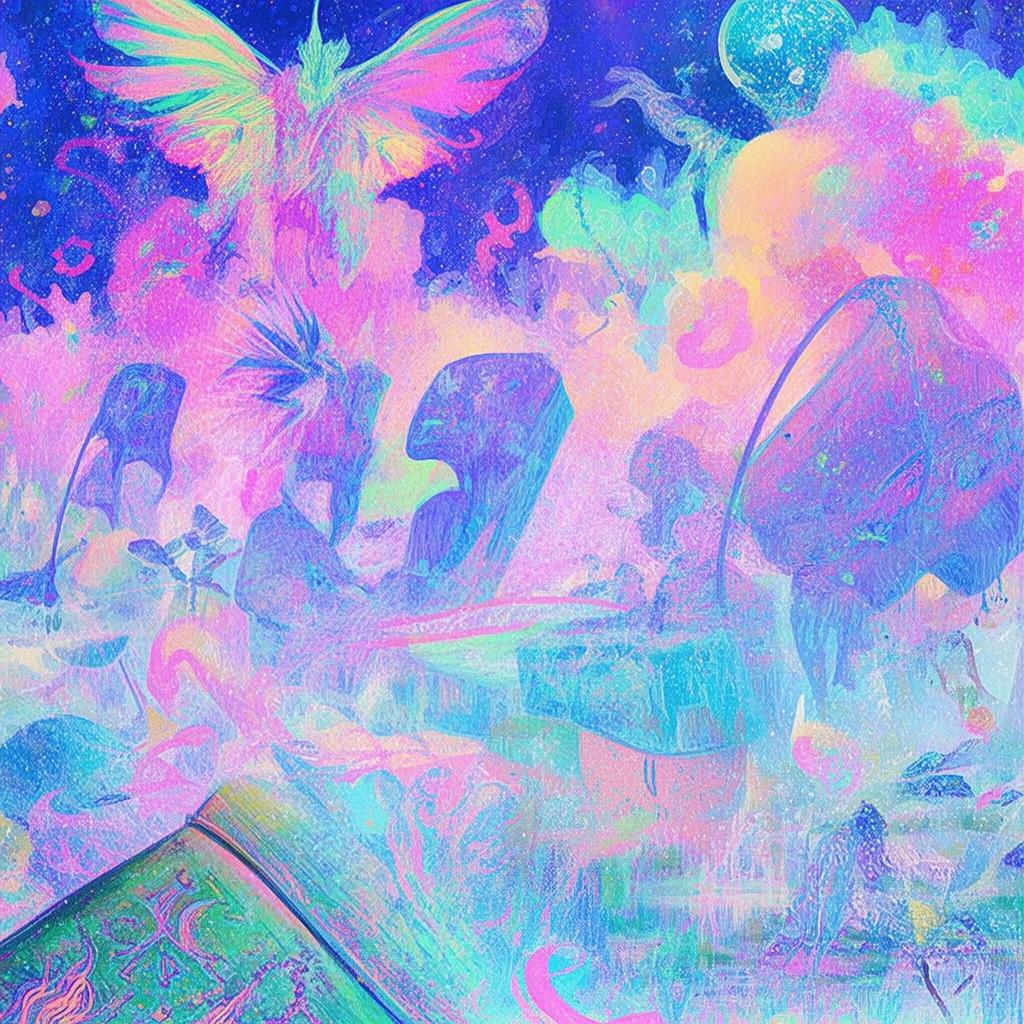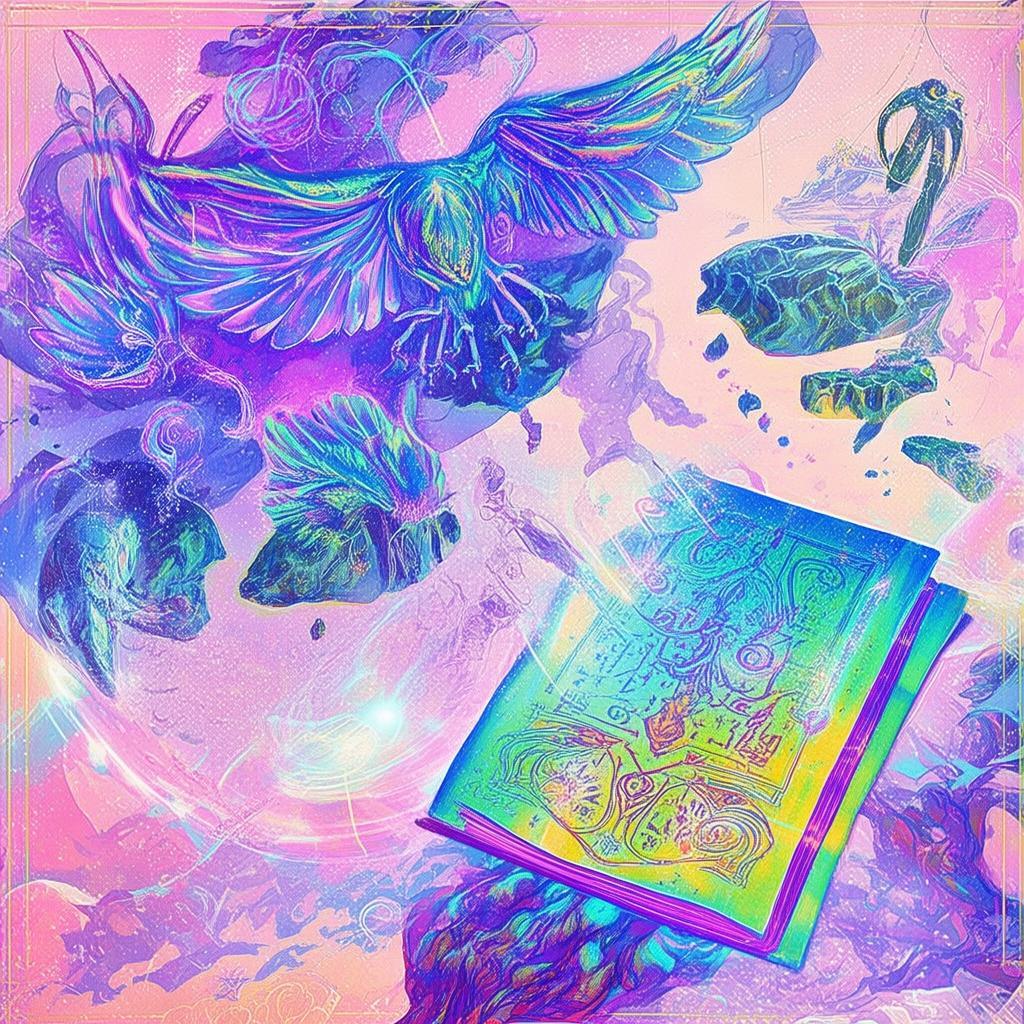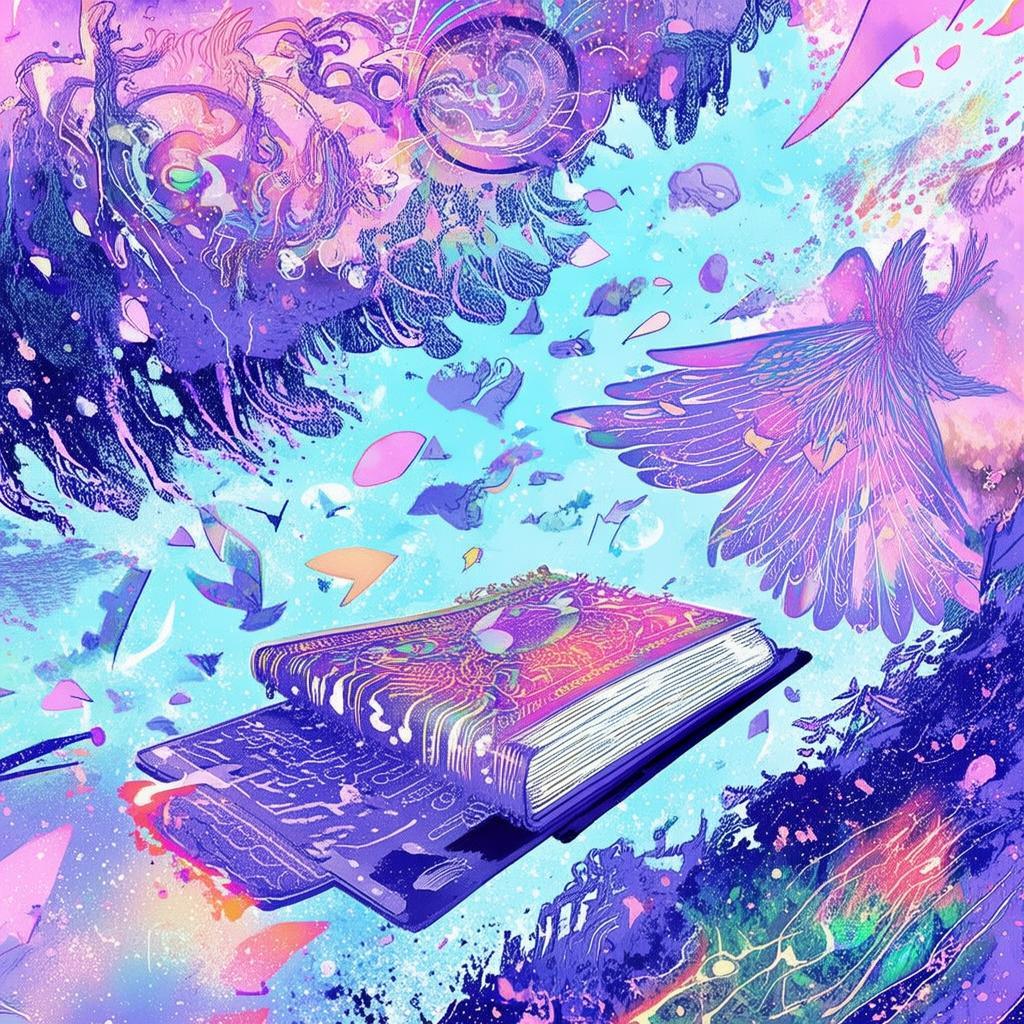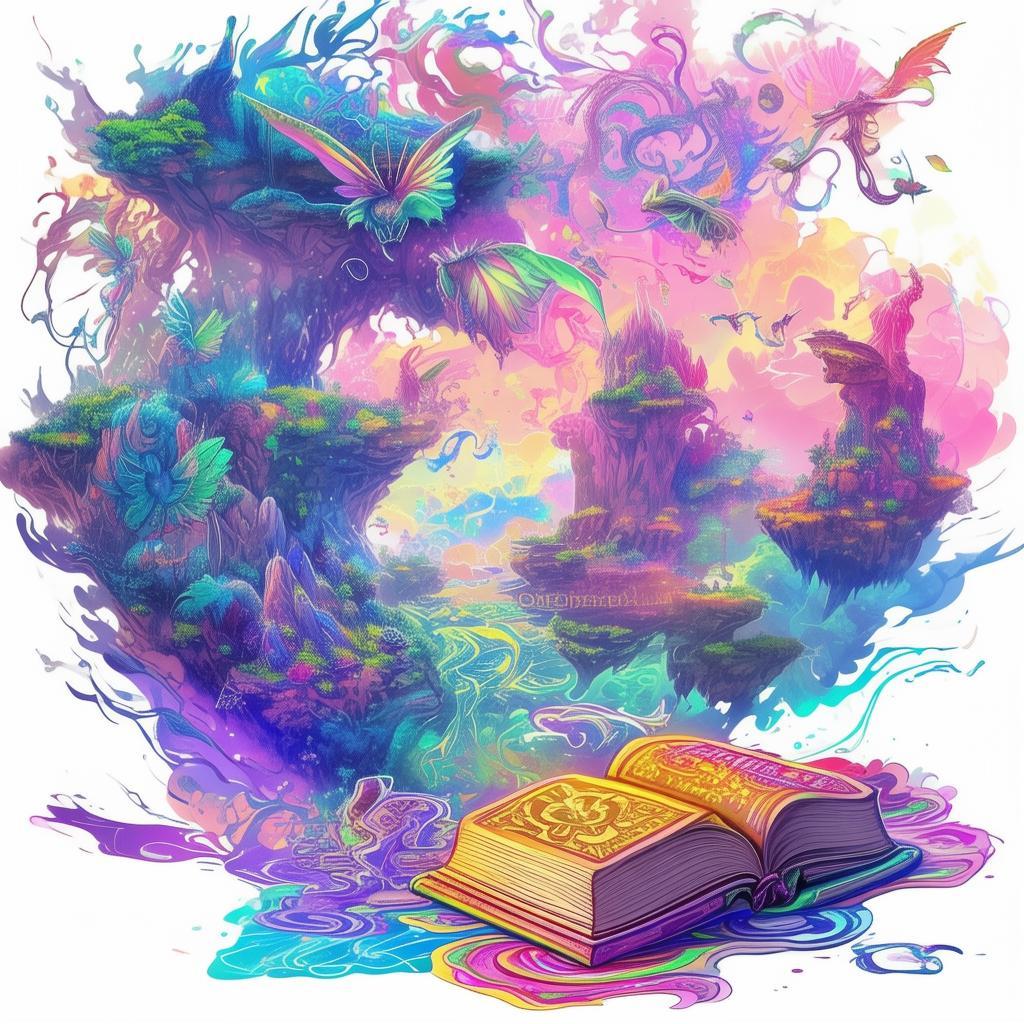Whispers of the Damned: A Dance with Despair
In the heart of the decaying mansion, shadows clung to the walls like spectral reminders of a past sin. The air was thick with the scent of decay and the whisper of the supernatural. Here, amidst the ruins of a life once grand, the story of Emilia and her captor, Lord Draven, began.

Emilia had been a woman of many dreams, her heart a beacon of light in a world shrouded in darkness. Her beauty was unmatched, her spirit free and wild, yet it was her eyes that held the key to her downfall. For they were the same shade as those of the demon who had once cursed her family line, a curse that bound her to the dark, insatiable desires of passion and obsession.
Whispers of her beauty reached the ears of Lord Draven, a man who believed himself to be above the common fate. Driven by an insatiable thirst for power and a twisted admiration for the supernatural, he sought to claim Emilia for his own. With a mere whisper of a promise, he ensnared her, locking her away in his decrepit mansion, where she became a prisoner to her own flesh and blood.
Each day, the tortures were different, a macabre dance of despair, where Emilia's will was tested to the breaking point. Yet, in her darkest hour, she found solace in the verses of the "Demon's Lament," a Gothic ballad that echoed the pain within her soul. The ballad spoke of a love that could consume, of a passion that would burn forever, and of a betrayal that would leave a soul in eternal flames.
As the days turned into nights, Emilia's mind became a labyrinth of shadows and light, a place where her sanity danced with her madness. She discovered that the ballad was more than just a tale of past despair; it was a warning, a promise that she would never be free until she had faced her inner demons.
One evening, as the moon hung heavy in the sky, casting long shadows across the floor, Emilia's captor entered her chamber. His eyes, dark as the abyss, bore into her, and she felt the weight of his intent. "Your time is almost over, Emilia," he hissed, "but first, you must pay the price for your transgressions."
As the night deepened, the air grew thick with tension. The chamber was a cauldron of emotion, the temperature climbing with each word spoken. Emilia's resolve was as fragile as glass, ready to shatter at the first sign of weakness.
The tortures began. Not with physical pain, but with psychological warfare. Lord Draven spoke of her beauty, of her spirit, and of the power she had to change the fate of both of them. But the power was a mirage, a cruel jest of the gods. Emilia realized that her beauty and her spirit were the very tools used to enslave her, to bind her to his twisted desires.
In the midst of this madness, Emilia's mind returned to the ballad. She saw the verses as a mirror, reflecting her own inner turmoil. She read of the passion's tortures, of the obsession's obsession's obsession's obsession, and she knew that to break free, she must embrace her own darkness.
The climax of the tale arrived as Emilia faced the ultimate challenge. She must confront the demon within herself, the part that was both cursed and bound to her very being. In a moment of clarity, she understood that the true power lay within her own heart, that the key to her freedom was within her own hands.
With a scream that echoed through the halls, Emilia embraced her inner demon. She became the embodiment of the ballad, the dance of despair that had been forced upon her. In that moment, she transcended her own humanity, becoming something more, something less.
As the light faded from the chamber, Emilia lay motionless, the shadows of her fate surrounding her. The mansion was silent, save for the distant sound of the "Demon's Lament," now a part of her very soul. And though she lay in a state of eternal rest, her spirit had been freed, her spirit had been reborn.
The tale of Emilia and Lord Draven would become a legend, a Gothic ballad of its own, a testament to the power of the human spirit and the indomitable will to survive.
✨ Original Statement ✨
All articles published on this website (including but not limited to text, images, videos, and other content) are original or authorized for reposting and are protected by relevant laws. Without the explicit written permission of this website, no individual or organization may copy, modify, repost, or use the content for commercial purposes.
If you need to quote or cooperate, please contact this site for authorization. We reserve the right to pursue legal responsibility for any unauthorized use.
Hereby declared.









